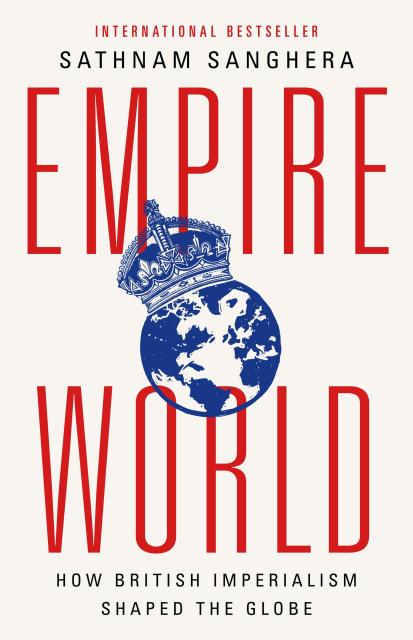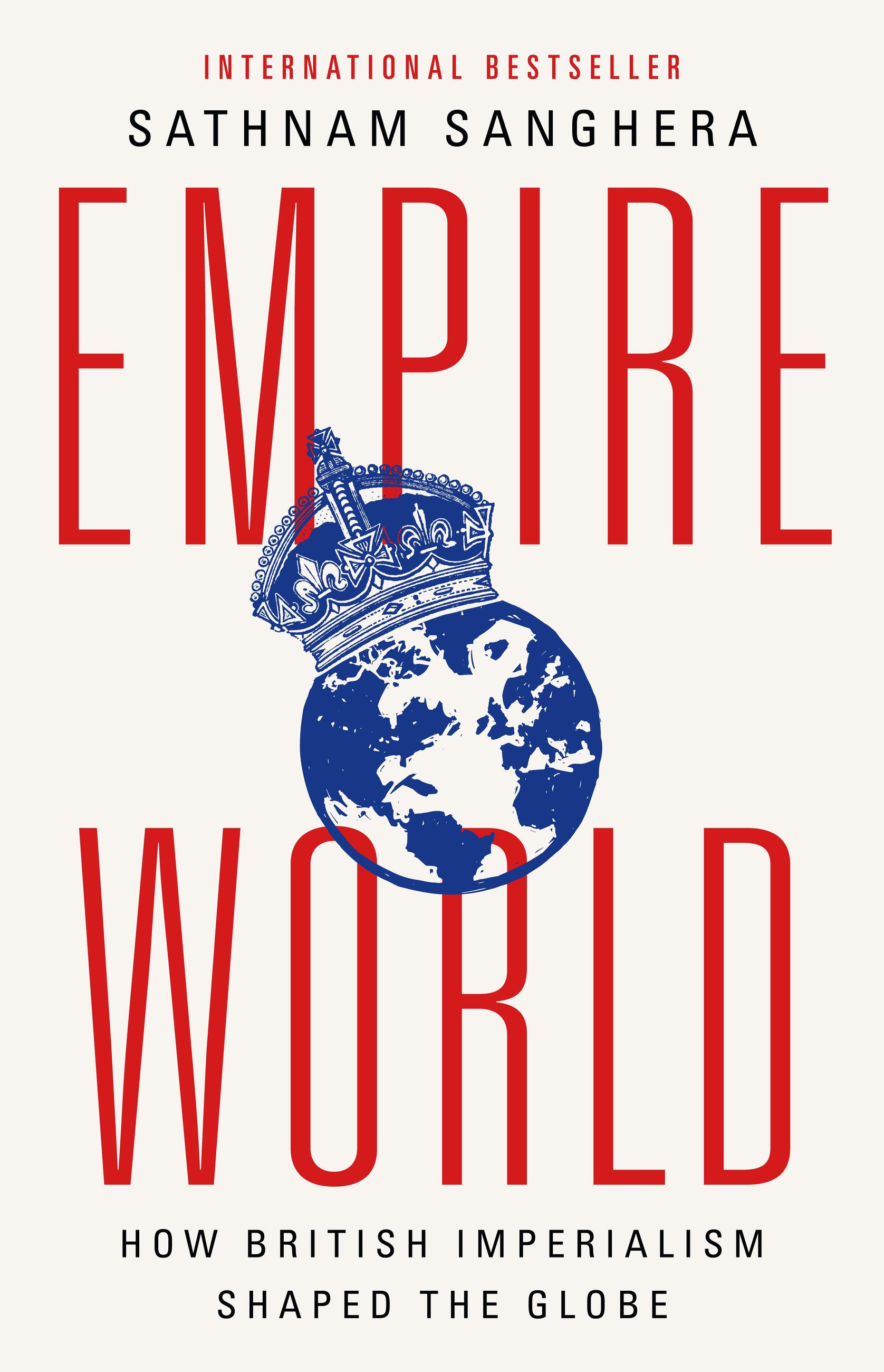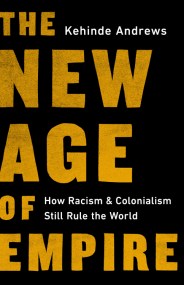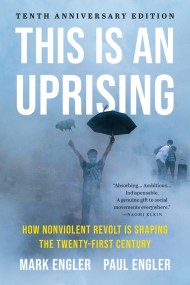By clicking “Accept,” you agree to the use of cookies and similar technologies on your device as set forth in our Cookie Policy and our Privacy Policy. Please note that certain cookies are essential for this website to function properly and do not require user consent to be deployed.
Empireworld
How British Imperialism Shaped the Globe
Contributors
Formats and Prices
- On Sale
- May 7, 2024
- Page Count
- 464 pages
- Publisher
- PublicAffairs
- ISBN-13
- 9781541704978
Price
$35.00Price
$45.00 CADFormat
Format:
- Hardcover $35.00 $45.00 CAD
- ebook $19.99 $25.99 CAD
- Audiobook Download (Unabridged) $27.99
Buy from Other Retailers:
2.6 billion people are inhabitants of former British colonies. The empire’s influence upon the quarter of the planet it occupied, and its gravitational influence upon the world outside it, has been profound: from the spread of Christianity by missionaries to the shaping international law. Even today, 1 in 3 people drive on the left hand side of the road, an artifact of the British empire. Yet Britain’s idea of its imperial history and the world’s experience of it are two very different things. Following in the footsteps of his bestselling book Empireland: How Imperialism Has Shaped Modern Britain, Empireworld explores the ways in which British Empire has come to shape the modern world
Sanghera visits Barbados, where he uncovers how Caribbean nations are still struggling to emerge from the disadvantages sown by transatlantic slavery. He examines how large charities–like Save the Children and the World Bank–still see the world through the imperial eyes of their colonial founders, and how the political instability of nations, such as Nigeria, for instance, can be traced back to tensions seeded in their colonial foundations. And from the British Empire’s role in the transportation of 12.5 million Africans during the Atlantic slave trade, to the 35 million Indians who died due to famine caused by British policy, the British Empire, as Sanghera reveals, was responsible for some of the largest demographic changes in human history.
Economic, legal and political systems across the world continue to function along the lines originally drawn by the British Empire, and cultural, sexual, psychological, linguistic, demographic, and educational norms originally established by imperial Britons continue to shape our lives. British Empire may have peaked a century ago, and it may have been mostly dismantled by 1997, but in this major new work, Sathnam Sanghera ultimately shows how the largest empire in world history still exerts influence over planet Earth in all sorts of silent and unsilent ways.
-
"This brave, painful, urgent and timely book, is not… about 'goodies' or 'baddies'. It is about telling the truth about a nation’s imperial past in all its ambiguity — and creating dialogue between everyone who lays claim to Britishness.”Jerry Brotton, Financial Times
-
"A nuanced, complicated account of the British empire’s impact on the world as we know it . . . spells out the complexity of historical assessment with painstaking clarity, showing, repeatedly, the deep entwinement of the positive and negative contributions of empire."Nandini Das, The Guardian
-
"This is history with a personal touch . . . today’s history students will have much to ponder . . . there are plenty of new ideas, argued with passion. If Britain wants to move forward as a key player on the world stage, Sanghera demonstrates, we must take time to understand our past ― all warts, and all wonders, considered."Alice Loxton, Sunday Times (UK)
-
"A conversation-changing look at the British Empire’s worldwide legacy . . . he’s done his reading. Sanghera is part of a wave of writers and historians changing the terms of debate. This book, with its varied voices and perspectives, widens them further."Robbie Smith, Evening Standard
-
"This is history a historian can recognise: a field that demands close study and resists easy generalisation or pat judgments . . . Sanghera’s book admirably marches us into the weeds of peer-reviewed scholarly work."Quinn Slobodian, New Statesman
-
"Refined, subtle, accurate, analytical, witty, engaging, and questioning...This book puts Sanghera in the firmament of great imperial historians. Furthermore, his lucid and accessible writing reaches out to those with closed minds. For that he deserves all the accolades he is sure to get."Yasmin Alibhai-Brown, The i (UK)
-
"Empireworld is an ambitious and valuable conversation starter for a long overdue reckoning with Britain’s colonial past."The Tablet (UK)
-
“Empireworld is a smart, illuminating exploration of how England exercised global power to create the world we know today.”Booklist
-
“If you thought Empireland was beautifully written, this follow-up takes you even further on an extraordinary, entertaining, and eye-opening journey around the globe.”Sadiq Khan, mayor of London
-
“Beautifully written, and not just a welcome corrective but a book for our times. This is essential reading.”Peter Frankopan, author of The New Silk Road
-
“Engages in deep research and historical re-analysis. . . . Also a profoundly moving work of personal insight, intelligence, and compassion.”Elizabeth Day, host of How to Fail
Newsletter Signup
By clicking ‘Sign Up,’ I acknowledge that I have read and agree to Hachette Book Group’s Privacy Policy and Terms of Use







